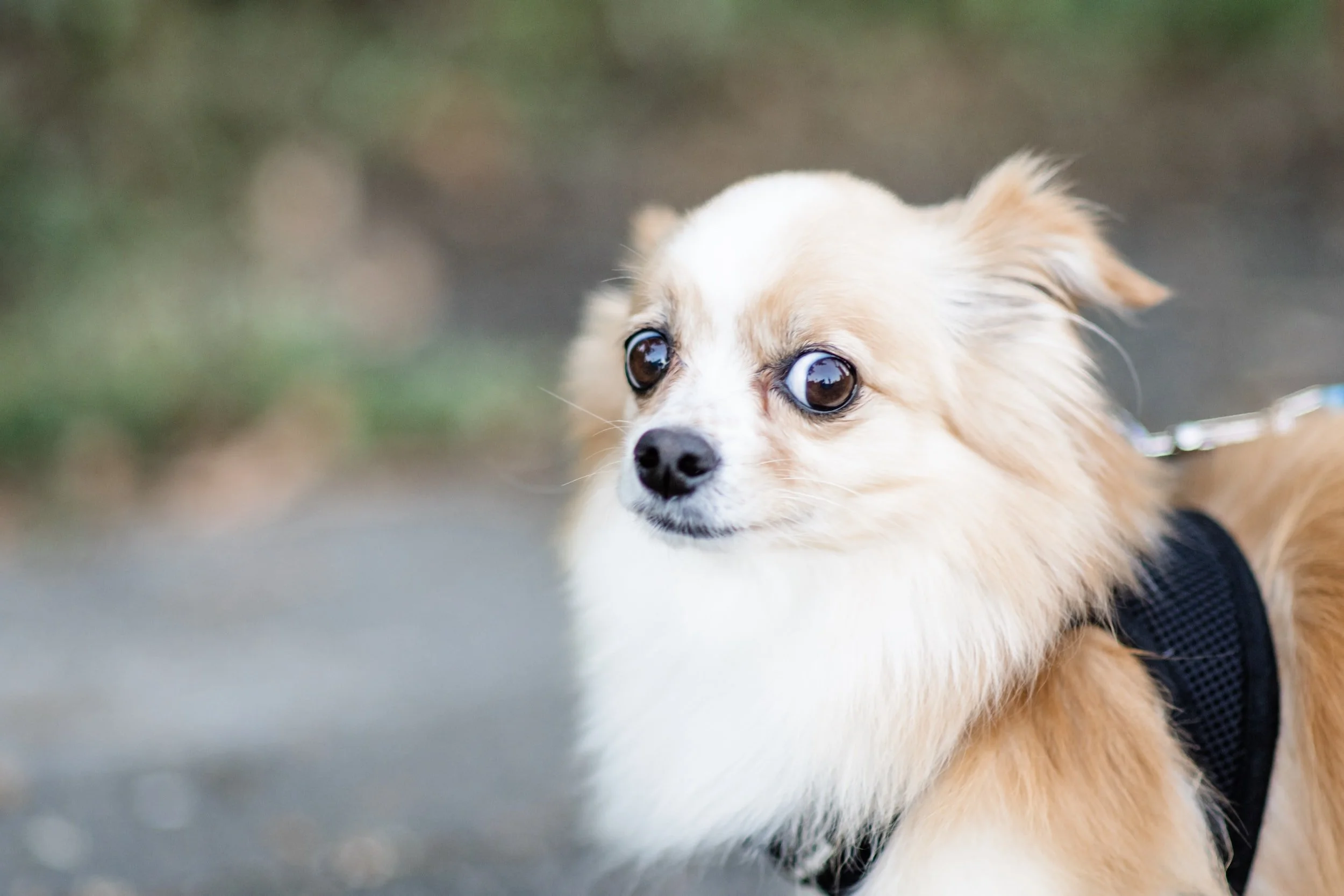Scared For Life: Single-Event Learning In Dogs
Written by Lauren Tsao, MS, CDBC, CPDT-KA
Dogs are smarter than we give them credit for. They can experience something so impactful that it only takes a single time for them to understand that the experience is something to be avoided or scared of. This is called single-event learning (sometimes called a one-time learning event), and it's more common in dogs than you might think. If you have ever trained your dog, you know that usually, it would take many repetitions for your dog to understand the consequences of certain events or actions. However, single-event learning can be so frightening (or in some cases, pleasant) that your dog develops an avoidance, fear, or phobia with a single exposure. Keep reading to learn more about how single-event learning works and what you can do to help your scared dog.
How Single-Event Learning Works
Dogs are constantly observing their environments and taking mental notes of what they see, hear, smell, and feel. When something happens that creates a strong emotional response in a dog, they are more likely to remember it and associate it with that emotion. For example, I previously had a student whose dog that would no longer go outside. Before this behavior started, the dog and owner were leaving for a walk on what they thought was a beautiful day. A storm started brewing just as they were leaving and both of them were nearly stuck by lightning. The next time the student went to take her dog outside, he wouldn’t go outside with her and when forced, sat there panting. He didn’t display this same attitude in other places outdoors if he traveled in a car to new environments. It was only at his own home that he refused to go outside, after this single exposure to something so frightening it caused single event learning to occur.
A common example is humans is taste aversion. For example, if you got a bad case of food poisoning after eating scallops, you may avoid eating scallops from then on because “that one time, I got food poisoning…” Sound oddly familiar? Almost all of us have heard a similar story or maybe have one of our own, at some point in our lives. Even though we know that not all scallops cause food poisoning, it doesn’t matter. It is no longer worth the risk once we have experienced such a negative consequence. For dogs, single-event learning is often associated with negative experiences, such as inclement weather events or being attacked by another dog. However, it's important to note that positive experiences can also cause single-event learning. For example, if a dog gets loose and runs away from home, they may associate the feeling of freedom with being away from their owners and become more likely to run away again in the future.
What You Can Do To Help Your Dog
If your dog has developed a fear or phobia as a result of single-event learning, there are several things you can do to help them. First, it's important to avoid anything that could trigger their anxiety or make their symptoms worse. If you know what caused their fear in the first place, try to avoid any similar situations. For example, if your dog is afraid of car rides because they got car sick as a puppy, try not to take them on long car rides until they are older and no longer prone to motion sickness.
If your dog has experienced something that has caused them to develop a fear or phobia, there are some things you can do to help them cope. First, it's important to understand that your dog isn't "being bad" when they exhibit signs of fear; they're simply reacting instinctually to a situation they perceive as dangerous. With this in mind, try not to punish your dog for being scared; this will only make the problem worse. Here are some other things you can do:
• Talk to your veterinarian: If your dog's fear or phobia is severe, your veterinarian may recommend medication to help them cope. You can also consult with a veterinarian behaviorist if the phobia is severe and you have already tried medication in the past.
• Hire a professional trainer or behavior consultant: A certified professional dog trainer who uses positive reinforcement-based training methods and has experience with this issue or a certified dog behavior consultant could help you teach your dog how to overcome these fears or at least lessen them to improve your dog’s quality of life.
• Create a safe space: Having a safe place where your dog can go when they feel overwhelmed can help them feel calmer and more secure, especially in relation to weather events or things you can predict.
• Give them time: Don't expect your dog to overcome their fear or phobia overnight; recovery takes time and patience.
Dogs are capable of experiencing single-event learning, which means they can develop an extreme aversion or fear of something after only experiencing it once. If your dog has developed a fear or phobia, there are some things you can do to help them cope. Talk to your veterinarian or a veterinarian behaviorist about possible medications, hire a certified dog behavior consultant or certified professional dog trainer for hands-on help, create a safe space for them, and give them time—recovery takes time and patience. Most importantly, don't punish your dog for being afraid; they're simply reacting instinctually to a situation they perceive as dangerous.

